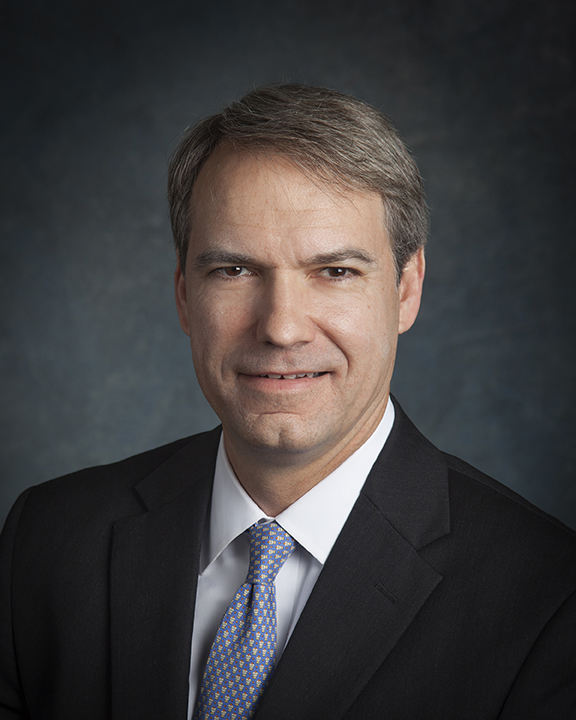
Private equity (PE) firms, once eager investors in the healthcare services sector, are facing a chilling reality. A confluence of factors including challenges recruiting and retaining physicians, reimbursement headwinds, accelerating labor costs and restrictive antitrust policies, have resulted in a string of high-profile failures, and are casting doubt on the future role of PE in healthcare. This shift has profound implications across the healthcare delivery spectrum – from hospitals and health systems to clinics and physicians and the patients who depend on them.
Historical Private Equity investment
Over the past decade, institutional capital poured into healthcare services and physician practice management companies (PPMs) in particular, with the number of private equity-backed PPM almost doubling, from 350 in 2017 to over 650 in 2024 according to Pitchbook. Investor demand was fueled by the perception of opportunities to consolidate a highly fragmented industry, drive operating efficiencies, and benefit from the tailwinds of aging demographics, rapidly evolving clinical treatments and a shift to value to value-based reimbursement which is only possible with size and scale.
Growth Challenges
Despite the breadth of attractive dynamics attracting private equity to healthcare, PE firms have experienced significant challenges in building scalable platforms that can deliver consistent growth. PE-backed physician platforms have found the variability in clinical practices and patient preferences across markets has limited the ability to achieve back-office efficiencies while accelerating labor costs and a challenging reimbursement environment have squeezed margins. These challenges have been in addition to the impact of the COVID pandemic which whipsawed demand for various services and altered many traditional delivery practices. This inability to scale practices and realize overhead efficiencies has forced most PE-backed physician platforms to rely on acquisitions for growth. Acquisition-driven growth strategies for PPMs have proven very risky, requiring high levels of leverage and added integration. This combination of static operating performance failed acquisitions and increased leverage has resulted in several high-profile bankruptcies of PE back healthcare platforms including Steward Healthcare (36 Hospital network originally funded by Cerberus), Envision Healthcare (leading ER staffing firm backed by KKR) and Cano Health (Florida based primary care firm backed by InTandem capital)
The Legislative Pushback
As a result of several high-profile bankruptcies and a growing level of layoffs, clinic closures and service reductions caused by cash-strapped PE platforms, Lawmakers are increasingly wary of PE’s involvement in healthcare with its focus on profit maximization. For example, as of June 2024, nine states including California, Connecticut, Illinois, Massachusetts, Minnesota, Nevada, New York, Oregon, and Washington have enacted healthcare transaction review laws that require prior state approval of transactions involving institutional investment, disclosure of upstream investors of certain entities involved in healthcare transactions, and a length review process. In addition, both Congress and the FTC have placed heightened scrutiny of large investor owned healthcare firms and acquisition activity. The high-profile bankruptcy of Steward Healthcare.
The Slowdown in M&A Activity
The result of a challenging operating environment, increasing interest rates and heightened legislative scrutiny has been a significant decline in healthcare M&A deals. According to the most Irving Levin report for Q2 2024] Healthcare M&A transaction volume declined in Q2 2024 with 496 deals, 18 percent lower than Q2 2023. This slowdown is largely due to PE firms struggling to find profitable exits for their healthcare investments. The traditional PE model involves buying a company, improving its operations, and selling it for a profit within a few years. However, in healthcare, finding buyers has become increasingly difficult, leaving PE firms holding onto assets longer than intended. According to Pitchbook, the median hold time for several PPM categories (Vision, Dental, Musculoskeletal) is now approaching 5 years, meaning several PE firms have been for much longer. These long hold times for PE firms to exit healthcare investments are compounding the problem, as new PE firms looking to invest have become increasingly cautious, even concerning performing platforms, because they are wary of the ability to exit in the future. The combination of cautious PE investors and high interest rates has dramatically impacted current transaction activity.
The Road Ahead
The era of unbridled PE investment in healthcare may be drawing to a close. As regulatory scrutiny intensifies and the M&A market cools, PE firms will need to adapt their strategies. Amidst the turmoil, there are opportunities for innovation and collaboration. This may involve focusing on smaller deals, partnerships with payors and existing health systems, and reducing leverage. Opportunities exist within many sectors to “disaggregate” platforms, creating local or regional platforms that can operate more efficiently and responsively, and allow physicians a greater role in both operations and ownership. By learning from the mistakes of the past and embracing a more sustainable approach, PE can still play a role in shaping the future of healthcare.
About Gregory F. Hagood
Gregory F. Hagood serves as President of SOLIC Capital, LLC, where he oversees SOLIC’s Investment Banking practice including its merger & acquisition advisory services, as well as private placements of debt and equity. He has over 25 years of M&A and capital placement experience across a variety of industries including healthcare, financial services, business services and energy.
Prior to SOLIC, he served as a Managing Director of Navigant Capital Advisors, LLC, leading its investment banking practice. Prior to Navigant Capital Advisors, LLC, Mr. Hagood was a Managing Director with SunTrust Robinson Humphrey investment banking division. Prior to SunTrust, he was a financial analyst for Cochran Properties, a leading real estate developer in the southeastern U.S.
Mr. Hagood received his Masters of Management from the J.L. Kellogg School of Management at Northwestern University, and earned a Bachelor of Science degree from the McIntire School of Commerce at the University of Virginia. He is a Chartered Financial Analyst (CFA), holds the AIRA Certification in Distressed Business Valuation and is a Certified Insolvency & Restructuring Advisor. He is also a FINRA Series 7, 24 and 63 licensed registered securities principal and is a member of the Association of Insolvency and Restructuring Advisors and the Atlanta Society of Financial Analysts.

